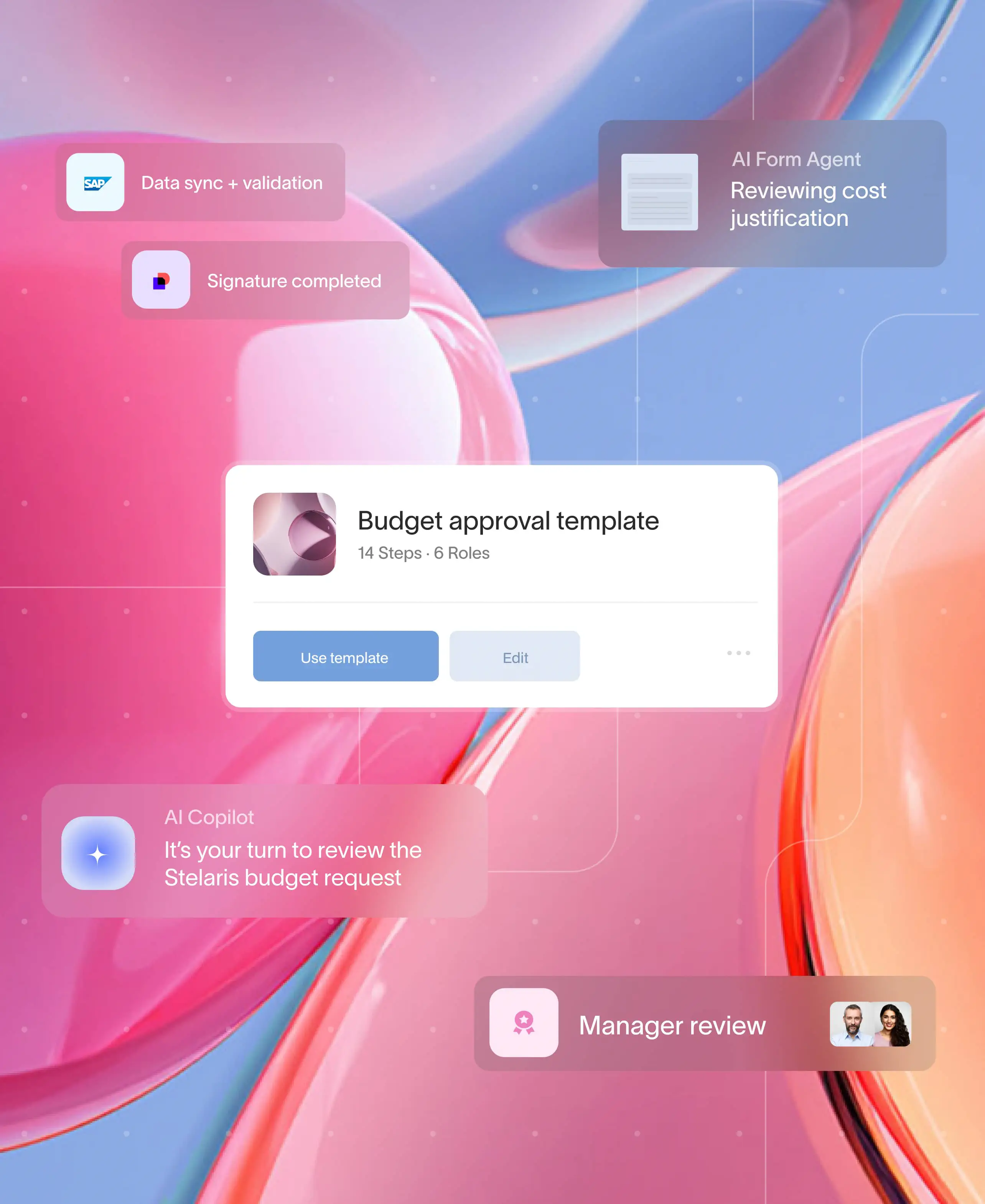
The traditional approach to software development typically involves extensive coding, testing, and multiple iterations before a product is ready for deployment. Creating new applications to address business-critical functions, such as aOneStop Client Interaction Hub, can take years. Sometimes, it takes so long to get the application ready for market that it already looks dated upon its release.
No-code software development takes a different approach, one that allows both technical and non-technical users build and deploy applications in a fraction of the time.
Utilize proven technology
Developing software from scratch carries a great deal of risk, and unforeseen problems during or after development can quickly derail any digital transformation strategy. If you are building a customer service solution or something similar, that risk carries over to customer experience too and, consequently, brand reputation.
A reputable no-code or white-label software solution might not provide quite the degree of customizability as bespoke software, but it does provide some far more important benefits. These include rigorous compliance, privacy, security, and auditability – all built in by design.
Turn-key business solutions
With a no-code software development kit (SDK), businesses can build a highly personalized desktop or mobile app in a fraction of the time it takes to build something from scratch. You can compare it to renting an office space versus building an entirely new premises.
With a broad array of business functions and workflows already built in, organizations can quickly empower seamless collaboration, end-to-end management, and personalized client experiences.
Uncompromising security
Given the rapidly evolving nature of today’s cyberthreat landscape, it has never been more important to incorporate security by design and default in any software development project. This is much harder when developing proprietary software from scratch, and it is a common reason for such projects to end up going far over budget.
The risks are enormous too, especially if an app is going to collect potentially sensitive customer information. With a white-label, no-code solution, that risk can be greatly reduced. For example, you might deploy your app in a private cloud or on-premises server to isolate client data and traffic from other users. Other critical security features, such as encryption and multi factor authentication, are often hard-baked into such platforms too.
Many no-code platforms have full security and management capabilities built in. This allows businesses to maintain visibility into all changes and communications while applying the very highest standards of security. For highly regulated sectors like finance and healthcare, such benefits are far too important to ignore.
Built to scale with demand
Because they are ordinarily supported by back-end management and automatic updates, no-code platforms are inherently more scalable. Much faster deployment times make it possible to keep up with constant shifts in demand, whereas proprietary software often runs the risk of being rendered obsolete early on.
Regular updates to the platform itself mean businesses can keep their digital transformation programs moving with the times. This allows them to continuously improve their workflows and streamline their operations. With no-code, they can deliver modern customer experiences, reduce risk, and innovate at a speed and scale that is simply impossible with the traditional approach to software development.





